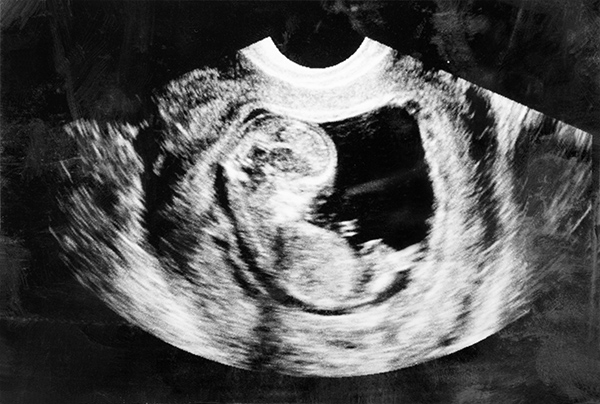
Prenatal Development
Prenatal development refers to the process in which a baby develops from a single cell into an embryo and later a foetus. The average length of time for prenatal development to complete is 38 weeks. During this time, a single-celled zygote develops into a full-term baby. The three primary stages of prenatal development are the germinal stage, the embryonic stage and the foetal stage.
Although 90-95 percent of babies born in the EU are considered healthy, abnormalities may arise during prenatal development. They are considered congenital (inherited or due to a genetic abnormality) or environmental (such as exposure to harmful substances). In other cases, problems may arise when a foetus is born too early.
The age, health status, nutritional status and the environment of the mother are closely connected with the health of a developing embryo. Extremes in any of these circumstances and conditions may result in developmental abnormalities. Chemical exposures are usually accidental, but links have been found between toxic environments and birth defects. However, usually we see such issues after the damage is done and we can still not avoid accidents that expose pregnant mothers to teratogenic or carcinogenic chemicals.
Although 90-95 percent of babies born in the EU are considered healthy, abnormalities may arise during prenatal development. They are considered congenital (inherited or due to a genetic abnormality) or environmental (such as exposure to harmful substances). In other cases, problems may arise when a foetus is born too early.
The age, health status, nutritional status and the environment of the mother are closely connected with the health of a developing embryo. Extremes in any of these circumstances and conditions may result in developmental abnormalities. Chemical exposures are usually accidental, but links have been found between toxic environments and birth defects. However, usually we see such issues after the damage is done and we can still not avoid accidents that expose pregnant mothers to teratogenic or carcinogenic chemicals.
Family Planning: More help and education for parents (gynaecological and genetic consultancy, dietary consultancy etc.) could help reduce the risk of developmental abnormalities.
Healthy Pregnancy: The perinatal period can have a huge impact on the health of a child throughout its life. It is important to know what can be done before during, and after pregnancy to give a baby a healthy start.
Delaying Parenthood: Most European societies are ageing with many people are waiting longer to become parents. This creates new challenges for the parents, the child and societies in general.
FertilizationEmbryonic period, Fetal development, Congenital abnormalities, Maternal derived abnormalities, Prematurity, Risk factors, Delaying Parenthood




